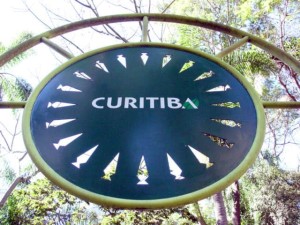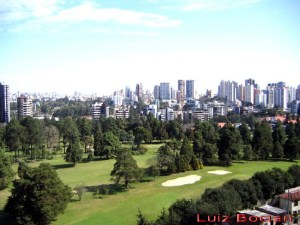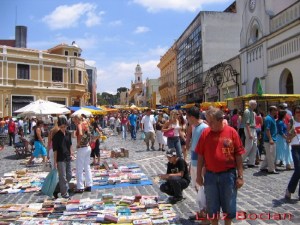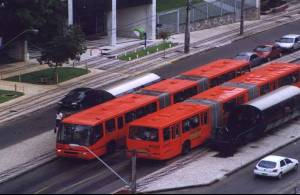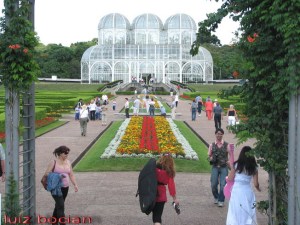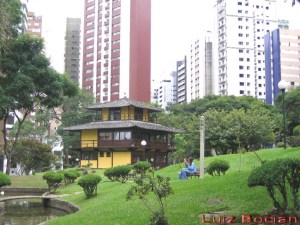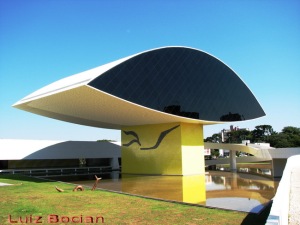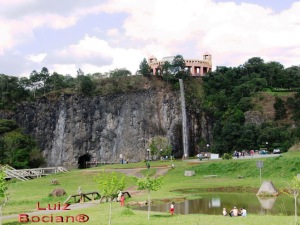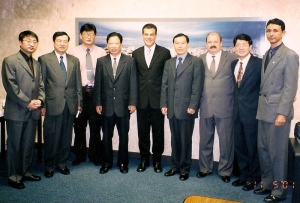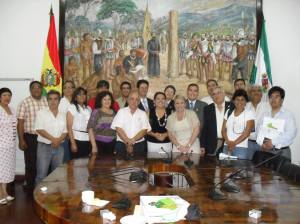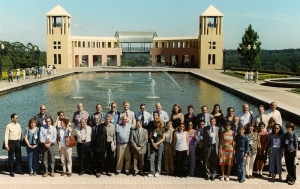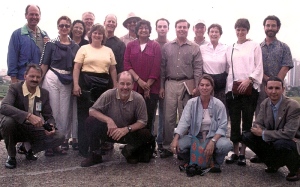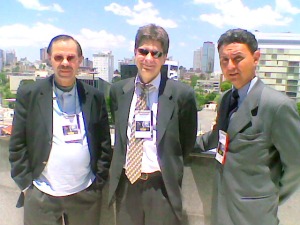Curitiba, the capital of the State of Paraná, a mainly agricultural state in southern Brazil, is indeed the best planned city in Brazil and an international model for sustainable development, is much more than simply the result of a few successful projects. The city’s achievements are the result of strategic, integrated urban planning. This all-encompassing strategy informs all aspects of urban planning, including social, economic and environmental programs.
Curitiba’s strategy focuses on putting people first and on integrated planning, and these influences are apparent in all aspects of the city. The strategy is what underpins the individual projects system-wide that improve the environment, cut pollution and waste, and make the quality of life in the city better.
A clear strategy and vision of the future in Curitiba has meant that decisions large and small made over the course of 40 years have added up to a city that’s public-spirited and eco-efficient. Strong leadership resulted in successful, long-term implementation of strategy.
The city had few outstanding historical or natural features, but its architects and urban planners have transformed it into a vibrant center with good quality of life that draws many tourists. Curitiba’s population has more than doubled to 1.8 million over the past 30 years.
Despite major challenges that came with rapid growth, significant improvements have been made to the city’s quality of life in areas including public transportation, preservation of the city’s cultural heritage, expansion of parks and green areas, and social and environmental programs.
Curitiba has a long tradition of innovative and integrated urban planning geared toward the strategic imperative of making the city a better place to live, as outlined in the city’s Master Plan of 1965. From the 1990s until today, the city’s main planning focus has been on sustainable development and integration of Curitiba’s metropolitan region. Strong political leadership and continuity has been essential to long-term implementation of the city’s plan.
The combination of core values expressed in the city plan allowed planning for efficiency and sustainability even in difficult circumstances (i.e., during the military dictatorship, times of economic crisis in Brazil, despite high numbers of poor migrants flowing into the city).
A clear strategy and vision of the future in Curitiba and creation of an agency to make sure it was implemented has meant that smaller decisions made over the course of years and in many individual programs have added up to a city that’s a model of ecological, people-centered urbanism.
Although Curitiba is known internationally as a sustainable, ecological city, it calls itself “the city of all of us.” In almost any area of Curitiba’s urban planning over the years, it is possible to see how consideration has been given to people in the big picture–and also to see the associated, system-wide sustainability benefits of integrated planning.
This is what’s most unique about the city’s strategy: it maximizes the efficiency and productivity of transportation, land-use planning and housing development by integrating them so they support one another to improve the quality of life in the city.
—–
Bridges & Dialogues connects a worldwide network of urban planning & development professionals who have turned Curitiba into the bottom line of their academic, technical and political careers for quite a long time now.
Please note the key characteristics of the work we’ve been successfully carrying out for over 10 years now:
1. Bridges & Dialogues organizes the study groups both in Curitiba and other Brazilian or Latin American cities (upon request).
2. The next Study Group in Curitiba is now scheduled to 18-21 January 2011. It will be focused on inserting participants into the City’s internationally recognized urban evolution and development over the last 50 years. The major purpose is to provide participants with the opportunity of absorbing the urban concepts and principles applied here, so that they are empowered to reproduce similar guidelines in their places of origin. In the record of world cities that have replicated the concepts created here are Seoul (South Korea), Mexico City (Mexico), LA (US), Durban (South Africa), Hangzhou (China), among many others.
3. We aim to provide the groups with a multi-disciplinary aspect; in other words, we prefer our groups to be composed not only of urban planners and architects, but also doctors, sociologists, social workers, politicians, professors, research teams, etc, since one of the “secrets” of Curitiba’s success is the professional diversity of those who built its solid strategic techno-political backgrounds, thus creating a rich environment for development. However, urban planners/architects groups only are also accepted.
4. The January Program will encompass the following fields:
– Strategic Planning
– Mass Transport
– Environmental & Community Challenges
– Street Network & Land Use
– The Bio-Citizen Program
– Public Administration
– Metropolization
– Economic Development
5. The Program is made up of three moments: (i) Specific technical lectures by Municipal and/or Regional officers; (ii) Field visits; (iii) Group assignment & discussion. Parts i and ii employ simultaneous or consecutive translation.
6. Fee for the 4-day training session: US$ 1900
The fee covers:
* 4-star hotel accomodation (breakfast included – contracted training session days only);
* Lunch & dinner (contracted training session days only);
* Technical materials (paper and/or digital work);
* Guided technical city tour;
* Portuguese-English translation.
7. Air tickets to/from Curitiba before/after the training sessions are not covered. Passports and Visas are not provided by the organizing committee either.
8. Groups are composed of a mimimum of 12 and a maximum of 20 participants.
9. Our “bring 1 along” promotion encourages participants to cut up to half their total fee by registering one or more colleagues/co-workers in the same study group they are taking part in.
10. Registration final date: 20 December 2010.
Get ready right now and spread the news!
All participants will receive the Bridges & Dialogues Network International Certiticate, allowing them to access the world’s foremost minds on urban development.
We look forward to seeing you in Curitiba, the City for All Peoples!
